Deworming a puppy in a nutshell
Health
Stomach
Deworming of a puppy is an obligatory condition before your dog can get any of his basic vaccinations. Young dogs are extremely prone to parasitic infections and statistically, almost 100% of puppies suffer from roundworm infection.

Why do we even deworm puppies?
Dogs, especially at a young age, are exceptionally curious creatures. During a walk and assessing their surroundings they will gladly sniff, lick or even try to eat anything they deem interesting. This way parasites gain access to the dog’s digestive system, where they find favourable conditions to grow. Untreated parasitic infection can lead to a vast variety of health issues. Worms in your dog’s body pose a threat to anyone coming into contact with the dog, as humans can easily get infected with the same type of parasites.
Deworming schedule
The earliest you can deworm a puppy is after your dog turns 3 weeks old. The second round of deworming is usually given to dogs that turned 5 weeks old. The third round of deworming should be administered after your puppy turns 8 weeks old. The fourth deworming should be scheduled after your dog turns 11 weeks old. Deworming is typically administered a week before the basic, prophylactic vaccinations. After the four key doses of deworming the medication is usually given based on the level of possible exposure to any parasites. To decrease the risk of infection you can deworm your dog every 4-6 months.


What to use for deworming a puppy?
To deworm a puppy go to your local vet. At the clinic your dog will be weighed and checked-up, so your vet can administer the right dose of the medication. Never deworm your puppy if you’re not sure how to correctly dose the medication, you don’t know your puppy’s exact weight or his health condition. You can use a plethora of products to deworm your dog, from tablets, drops to ointments. If your dog is not too fond of eating his tablets you can use drops that you apply to your dog’s neck - they are easy to apply and highly effective.
Opus Farm | Complete, grain free nutrition for active dogs with sensitive stomachs
Opus Lynx | Complete, grain free nutrition for adult cats

Puppy after deworming
Deworming can influence your dog’s digestion and excretion. Directly after the deworming has been given your dog can experience diarrhoea, but it’s a typical reaction. Every dog can react differently to deworming - your dog may experience some vomiting, drowsiness or apathy. The side effects shouldn’t last long, so if your dog is experiencing any symptoms that last longer than a day or two, consult your vet immediately.
















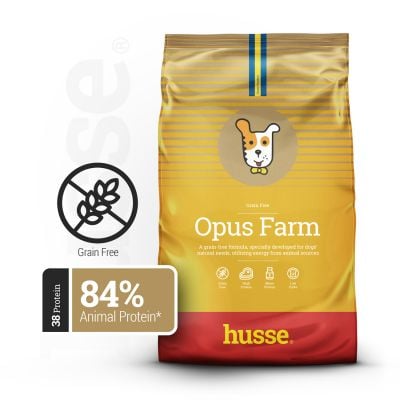


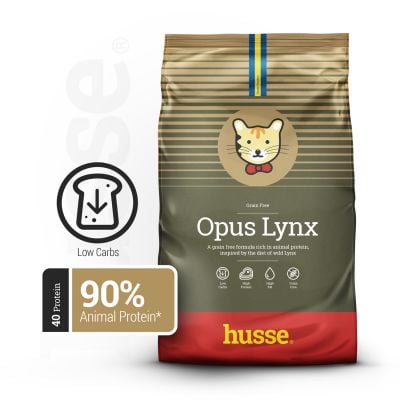

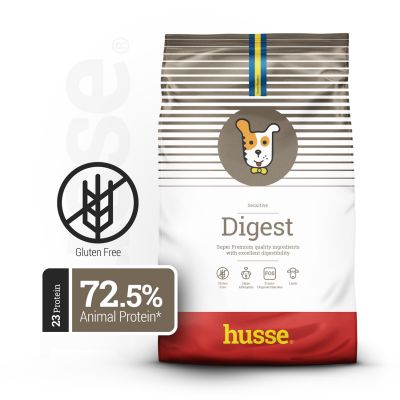
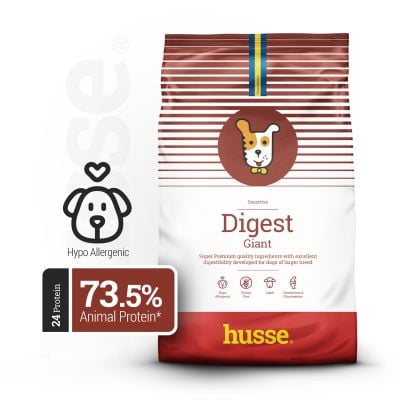
_400x400.jpg)
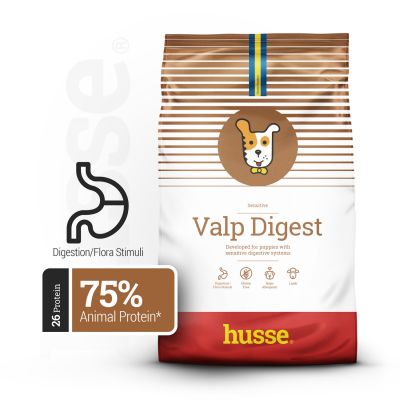

_m.jpg)








